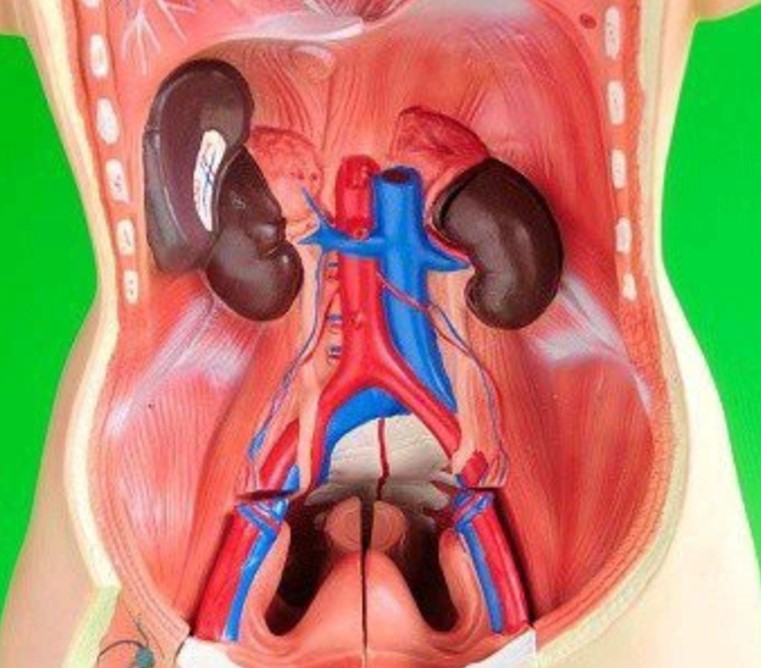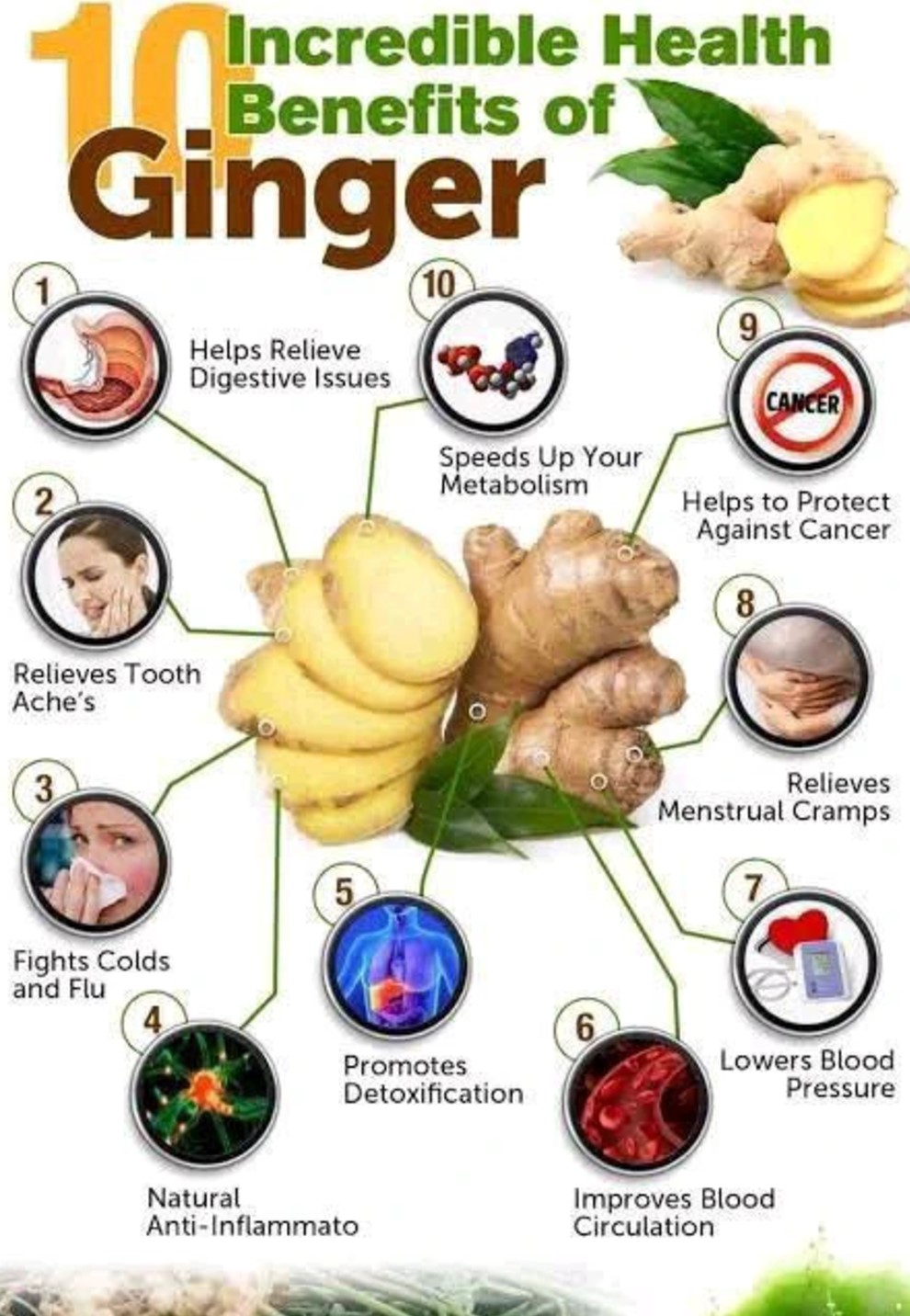Number 11: Green tea. Green tea does contain compounds that have been shown to have health benefits, including potential cognitive benefits. The caffeine in green tea can increase concentration and help with relaxation, and some studies suggest that green tea may also help with memory. One of the compounds in green tea that has received a lot of attention for its potential cognitive benefits is epigallocatechin gallate (EGCG). EGCG is a plant compound that has been shown to have antioxidant and neuroprotective properties. While some studies have suggested that EGCG may help prevent cognitive decline, more research is needed…Click Here To Continue Reading>> …Click Here To Continue Reading>>
Number 10: Kombucha. If you’re looking to improve your cognitive state, kombucha could be a good place to start. Kombucha is a type of fermented tea, with some variations containing fruit particles. Although it’s not a necessary ingredient, kombucha does contain probiotics that can provide a healthy gut microbiome. While a little more research needs to be done on the direct effects kombucha has on your brain, its effects on your stomach could indirectly benefit your brain activity.
Number 9: Smoothies. While many types of smoothies can be made, choosing one with a high vitamin content may be beneficial for brain function. Green smoothies, which typically contain vegetables like kale, spinach, and cucumber, are a good option for this purpose. Green smoothies can also be made with fruits like green apples, avocados, yogurt, or bananas for those who may not enjoy the taste of vegetables.
These smoothies are loaded with antioxidants that can benefit cognitive function. Kale and spinach, in particular, have numerous health benefits, including being rich in vitamins and minerals that can support brain health. While the taste may not be for everyone, adding fruits like avocado and bananas can make the smoothie more palatable while still providing beneficial nutrients.
Number 8: Orange juice. While orange juice is a popular drink that many people have enjoyed since childhood, recent research suggests that it may have additional benefits for cognitive function, particularly in older individuals. One of the main components of orange juice that has been associated with health benefits is vitamin C, which has been shown to have positive effects on the immune system, heart health, and skin.
One study focused on adults over the age of 60; each drank over 500 mL of orange juice every day for 8 weeks. At the end of the experiment, they showed some improvement in their cognitive function. This included their memory, verbal ability, and reaction time.
Number 7: Blueberry juice. Blueberry juice is a quick and refreshing way to get the day going because of polyphenols. These are micronutrients containing tons of antioxidants. Polyphenols work to fight off oxidative stress. Some of the more optimistic studies have pointed towards the drink improving both your short-term and long-term memory. So, while it might have a sour taste, it could potentially have brain benefits.
Number 6: Lemon water. A single lemon contains 80 mg of potassium. This mineral helps increase oxygen flow to the brain. A study suggested that an increase in oxygen saturation in elderly individuals potentially leads to improved cognitive performance. Drinking lemon water in the morning helps keep you hydrated, too. Adequate hydration is crucial for optimal cognitive function, as mild dehydration can negatively impact concentration, alertness, and short-term memory. READ FULL STORY HERE>>>CLICK HERE TO CONTINUE READING>>>
To prepare lemon water, squeeze the juice of a lemon into a glass of water and stir. You could even adjust the amount of lemon juice and the temperature of the water to suit your tastes. To reap the most benefits, drink lemon water on an empty stomach first thing in the morning. However, it can also help combat afternoon sluggishness and boost mental clarity for the rest of the day.
Number 5: Lion’s mane mushroom. The shaggy, wild-looking lion’s mane mushrooms are known for their ability to enhance cognitive abilities. They contain unique compounds that can stimulate the growth of brain cells. In an animal study, mice were fed a diet containing these mushrooms. The results showed that lion’s mane mushrooms might have the potential to prevent cognitive dysfunction and could help treat or prevent dementia.
However, more human research is needed to fully understand the extent of its benefits. Incorporating lion’s mane mushrooms into your diet can be challenging if you look for them in a culinary form. Fortunately, this powerful superfood is available in powdered versions and offers a convenient way to consume them. Mix the powder into hot water, coffee, or smoothies to enjoy a quick, easy brain-boosting supplement.
Number 4: Herbal tea. Herbal teas have been studied for their potential health benefits, but it’s important to note that research is limited and inconclusive. Sage is one herb that has been studied for its effects on cognitive function, including memory and concentration. Other herbal teas that have been studied include ginkgo biloba, gotu kola, and bacopa monnieri. Again, more research is needed to determine their effectiveness.
Number 3: Turmeric latte. Turmeric is a specific spice that originates from plants of the same name, known as golden milk. A turmeric latte can improve your cognitive state. Turmeric is filled with curcumin, an antioxidant known to boost your production of BDNF. BDNF stands for brain-derived neurotrophic factor. A low amount of BDNF is associated with a poor mental state. Drinking turmeric may very well be the antidote, as the curcumin will work to raise your BDNF and restore your brain function.
Number 2: Coffee. Coffee is a popular beverage that contains caffeine, which is known to have brain benefits such as increased alertness, reaction time, and focus. Chlorogenic acid is a natural antioxidant found in coffee beans. While it has been shown to assist with weight loss and balance blood pressure, there is also reason to believe it can improve your mood. The effects of coffee on Alzheimer’s are still being studied.
One study showed that around five cups daily may treat the disease, but that amount is excessive and may lead to negative health effects. While drinking coffee without cream or sugar is healthier, it’s important to note that adding these in moderate amounts does not negate its brain benefits.
Number 1: Beetroot juice. Beetroot juice has been shown to have potential benefits, including improving blood flow and oxygenation to cells. The nitrates in beetroot juice have been studied for their effects on cognitive function, including learning, language, and decision-making. Research suggests that the nitrates in beetroot juice may increase the production of nitric oxide, which can improve blood flow to the brain and potentially enhance cognitive function. Beetroot powder can be added to water or other beverages, and bottled beetroot juice is available at some stores.


 IN-THE-NEWS5 months ago
IN-THE-NEWS5 months ago
 IN-THE-NEWS2 weeks ago
IN-THE-NEWS2 weeks ago
 METRO5 months ago
METRO5 months ago
 IN-THE-NEWS2 weeks ago
IN-THE-NEWS2 weeks ago
 METRO4 months ago
METRO4 months ago
 IN-THE-NEWS5 months ago
IN-THE-NEWS5 months ago
 IN-THE-NEWS2 weeks ago
IN-THE-NEWS2 weeks ago


